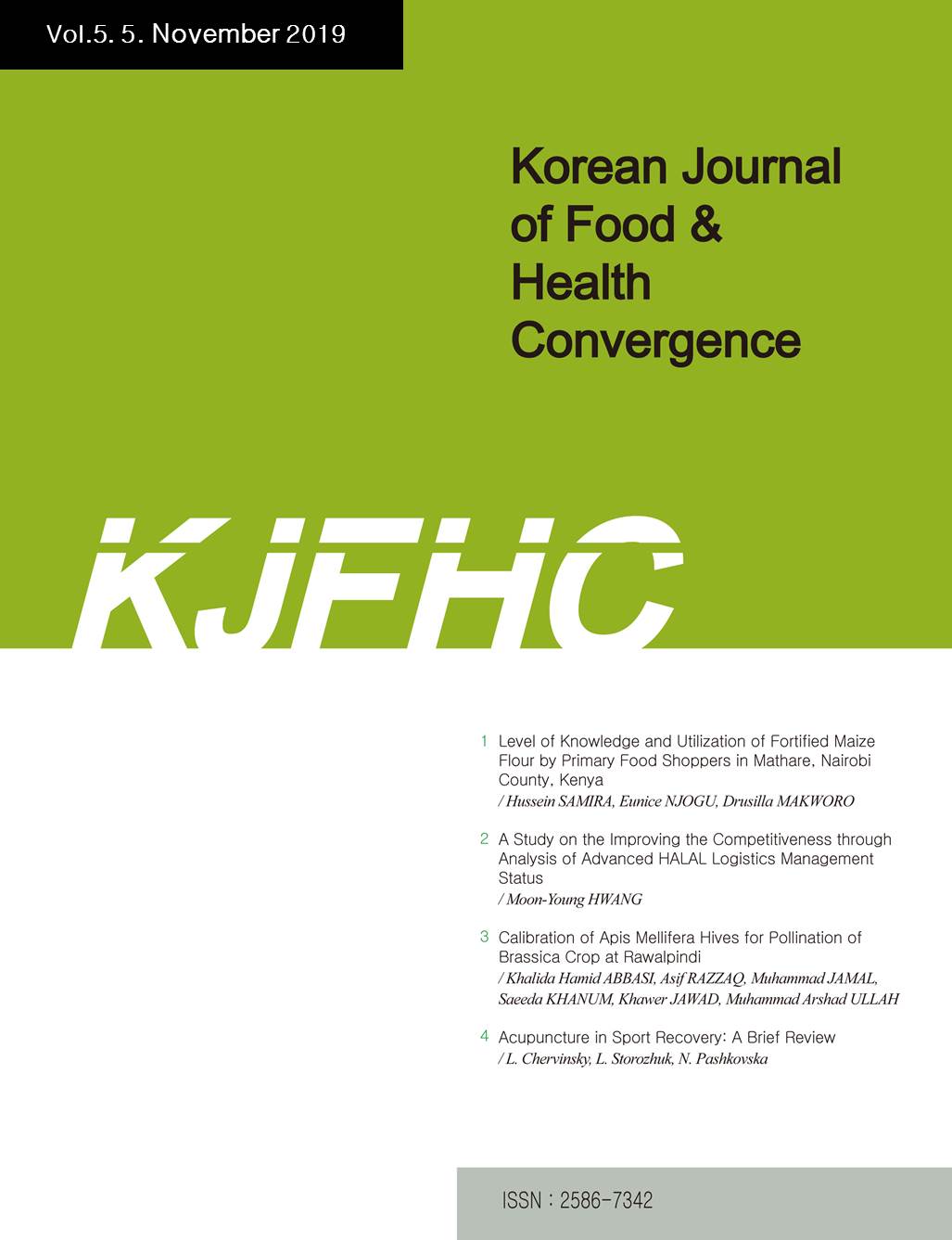 E-ISSN : 2586-7342
E-ISSN : 2586-7342
Abstract
The global halal market is forecast to grow at an annual average of 5.2 percent from 2017 to $3.07 trillion in 2023 due to the high growth rate of the world's Muslim population, the spread of halal-certified food consumption and the economic growth of the Muslim world. Through this study, the difficulty of obtaining halal certification can be overcome through accurate understanding of the general supply chain and other halal supply chain. Also, by examining the trends and requirements of halal logistics standards in countries with advanced halal logistics systems, halal logistics certification agencies, and halal port logistics, we can help establish our own halal logistics system by finding areas that can be benchmarked in Korea and differentiated from those that can be found. For the safe supply chain management of halal products between logistics Supply Chain, an integrated logistics system shall be developed to manage customs and customs as one-stop, while maintaining a complete halal condition on a series of logistics processes such as storage, transportation, customs clearance, etc. Korea, entry into the halal logistics market through halal integrity guarantee solution or platform development can also be considered, taking advantage of the strength of IT and packaging.
- keywords
- Halal Logistics, Halal certification, Halal integrity
- Downloaded
- Viewed
- 0KCI Citations
- 0WOS Citations
